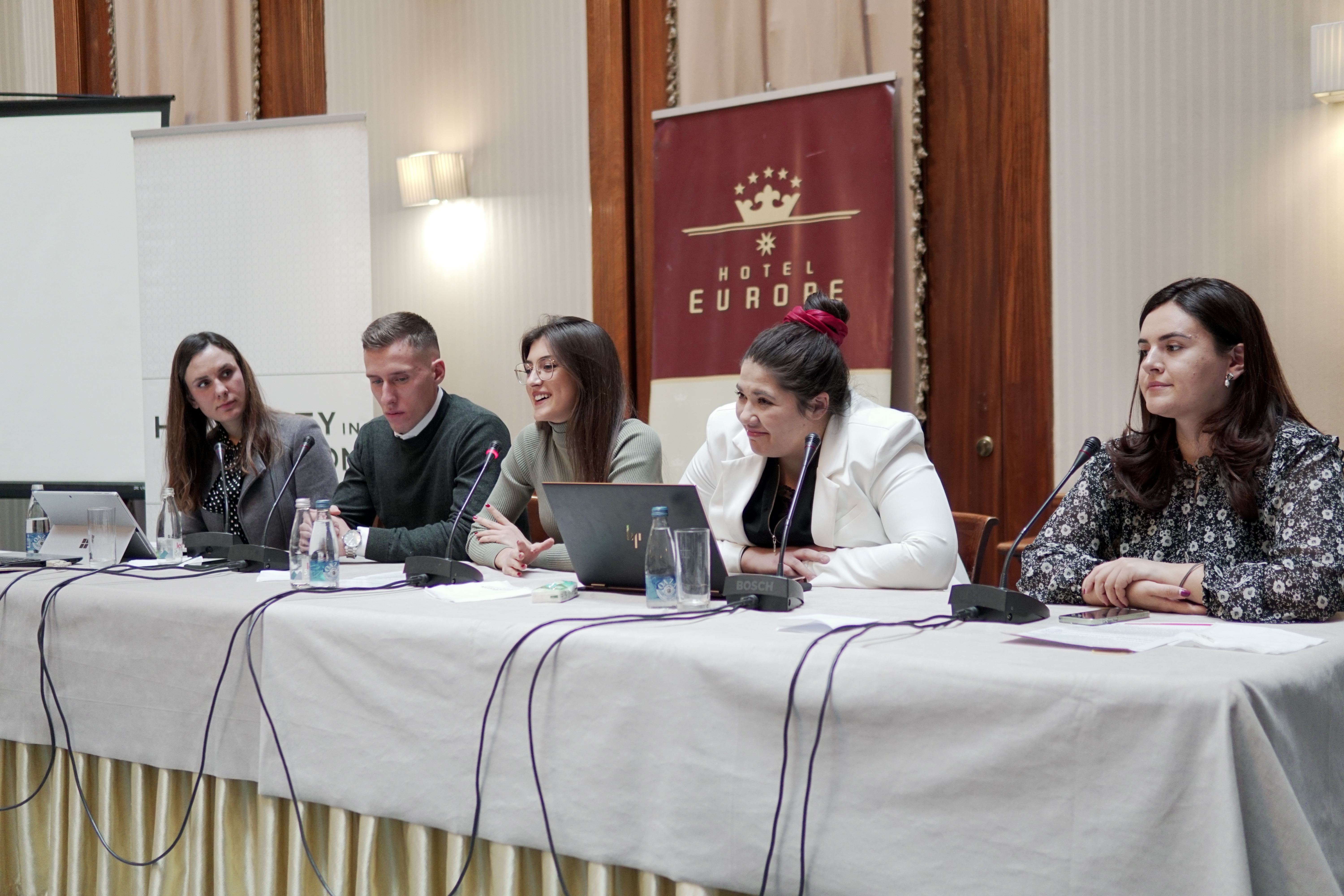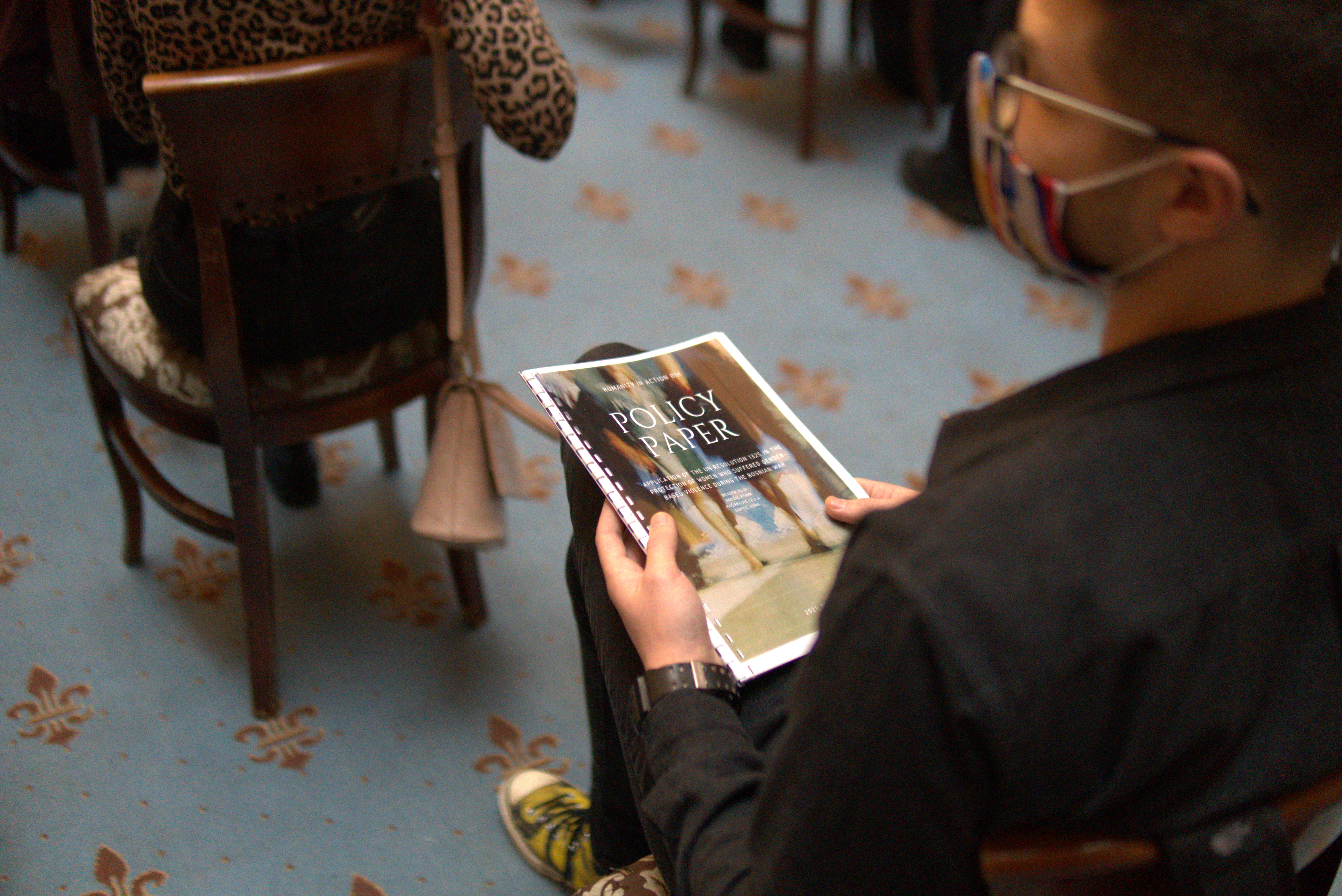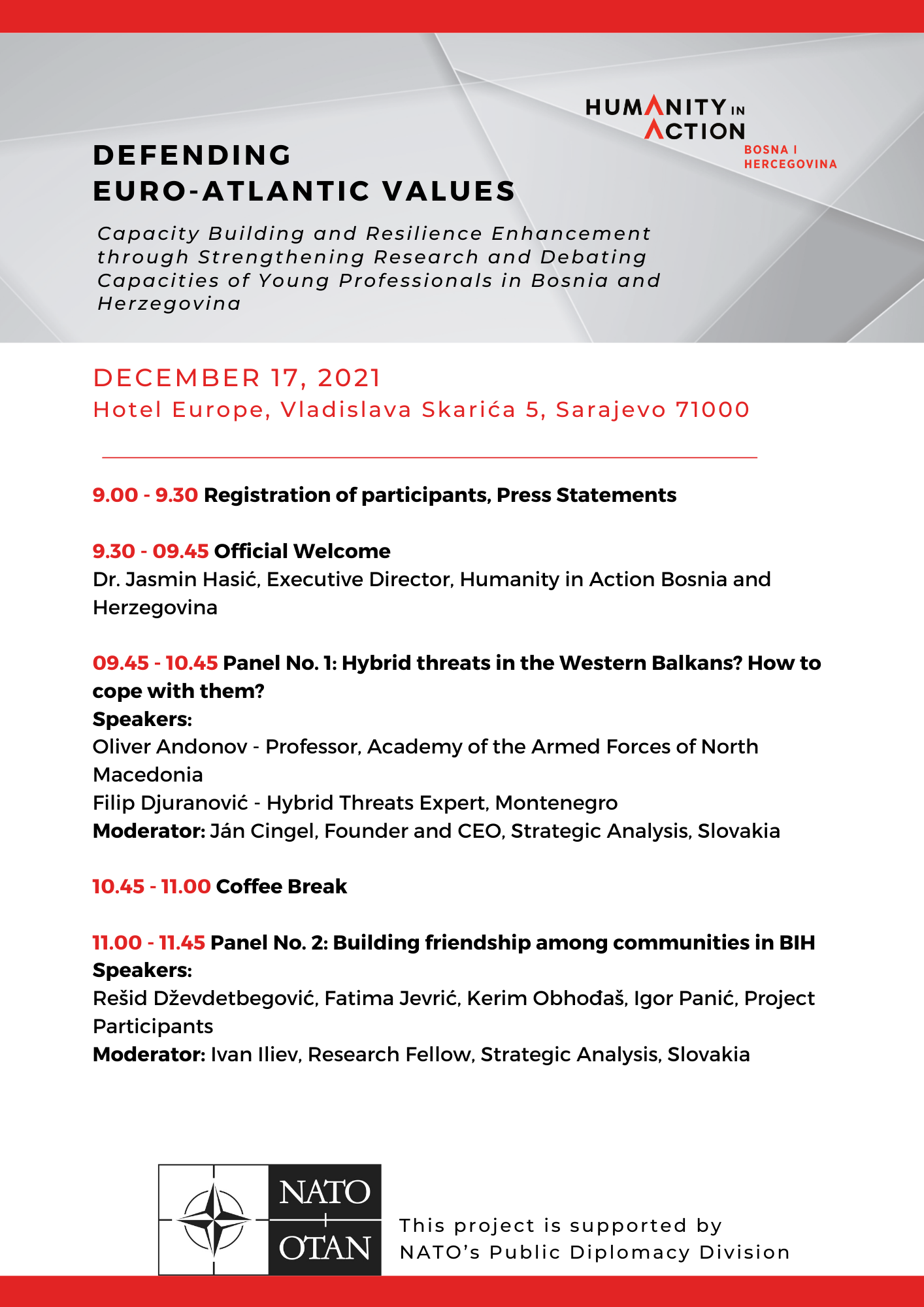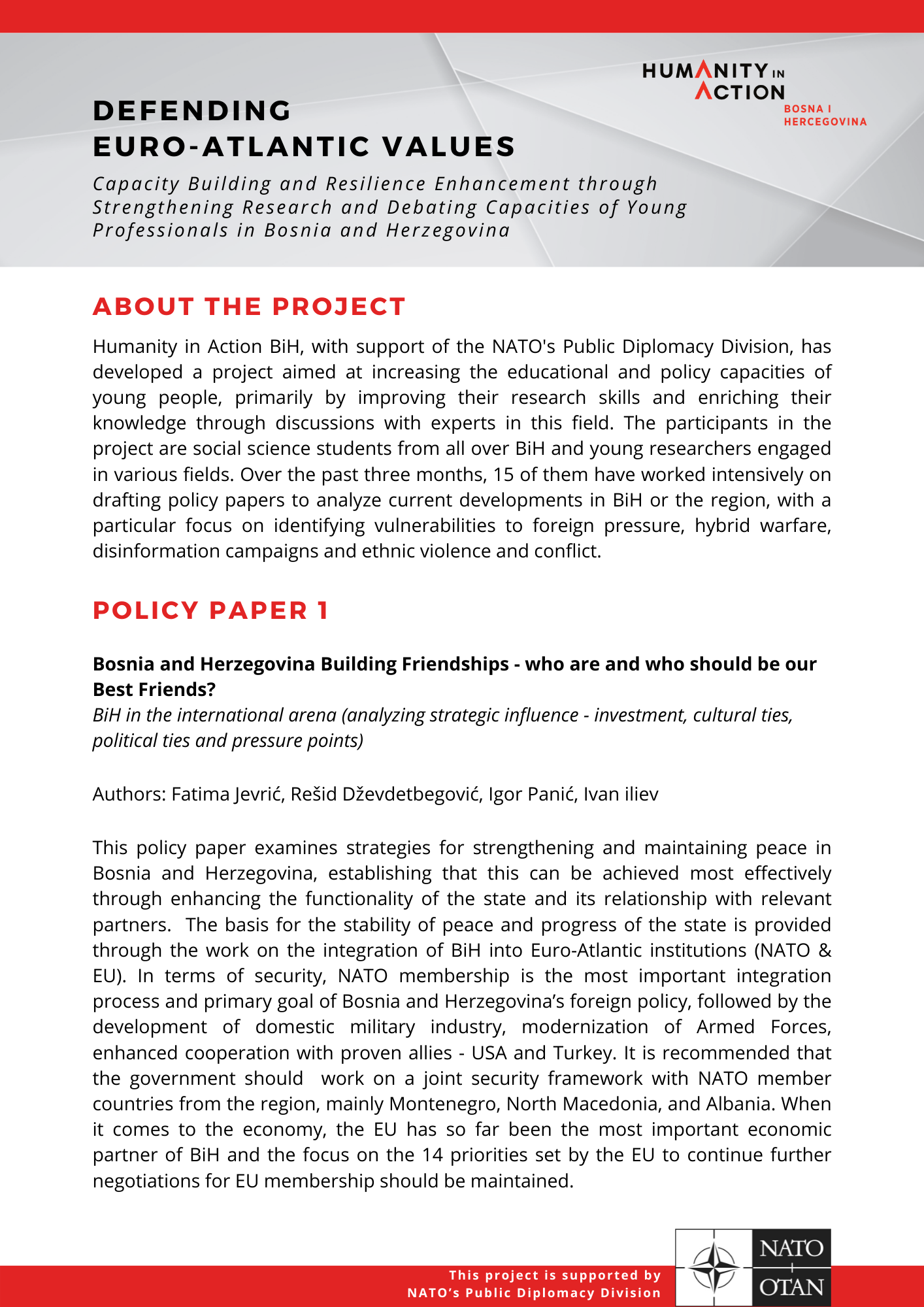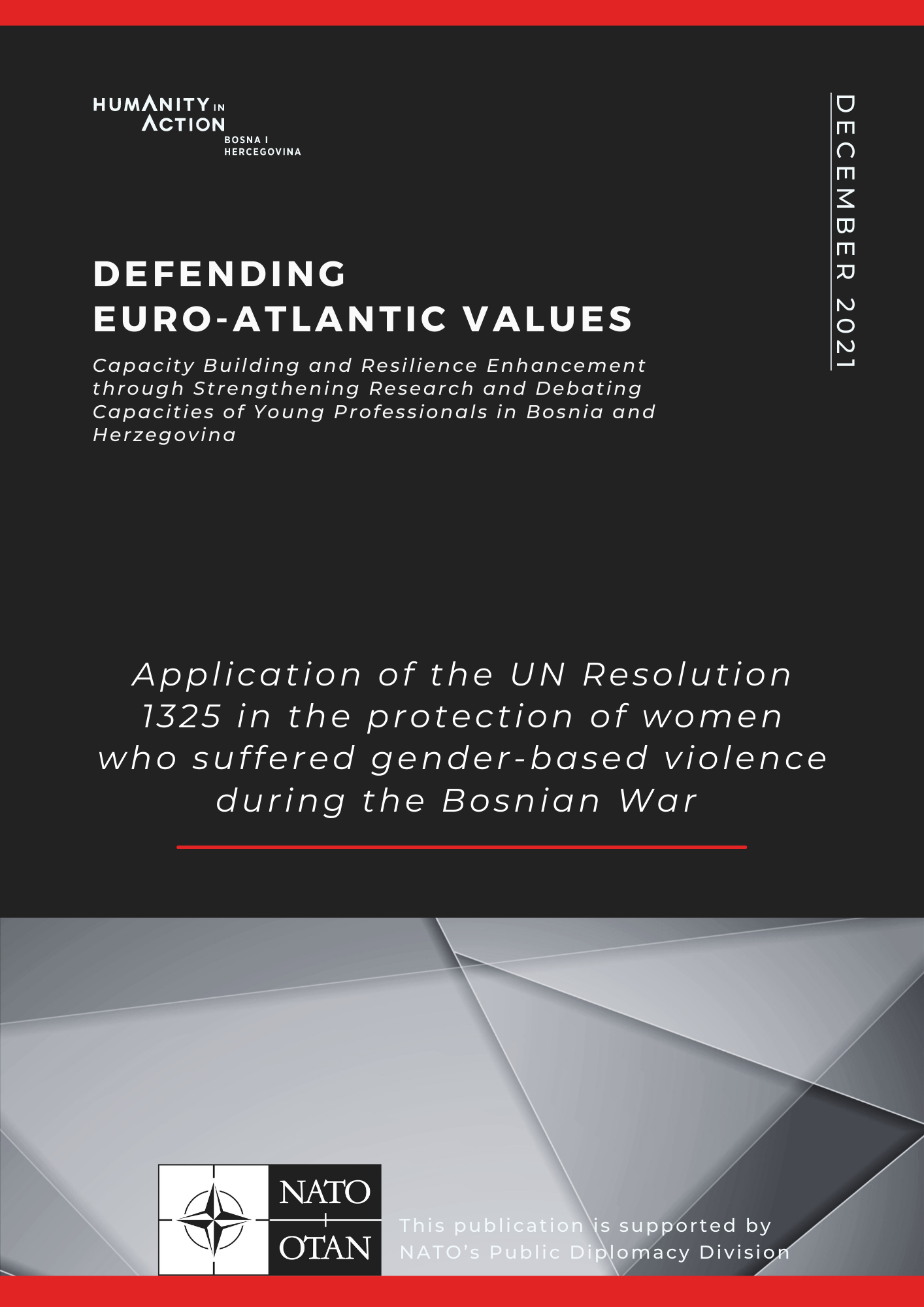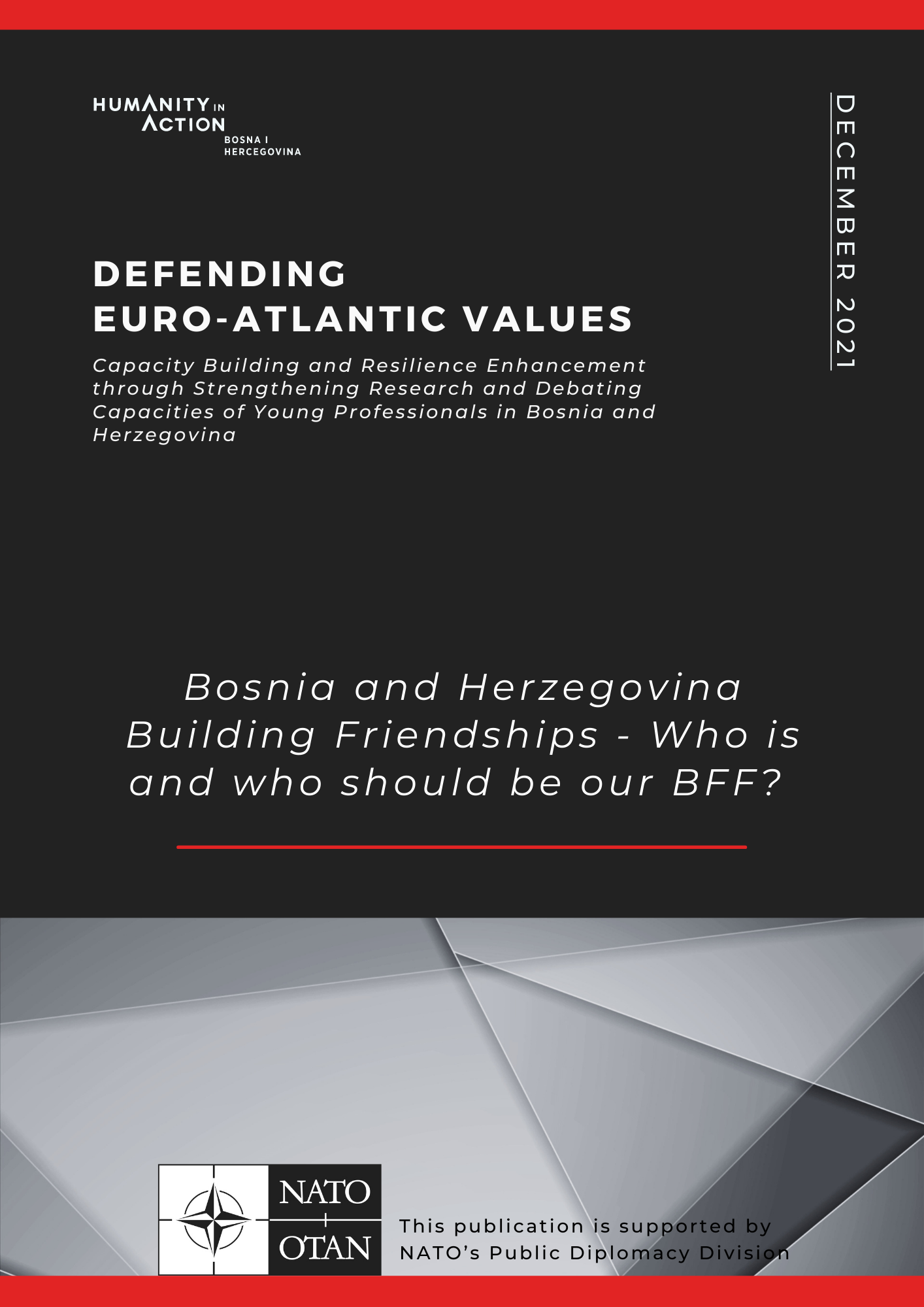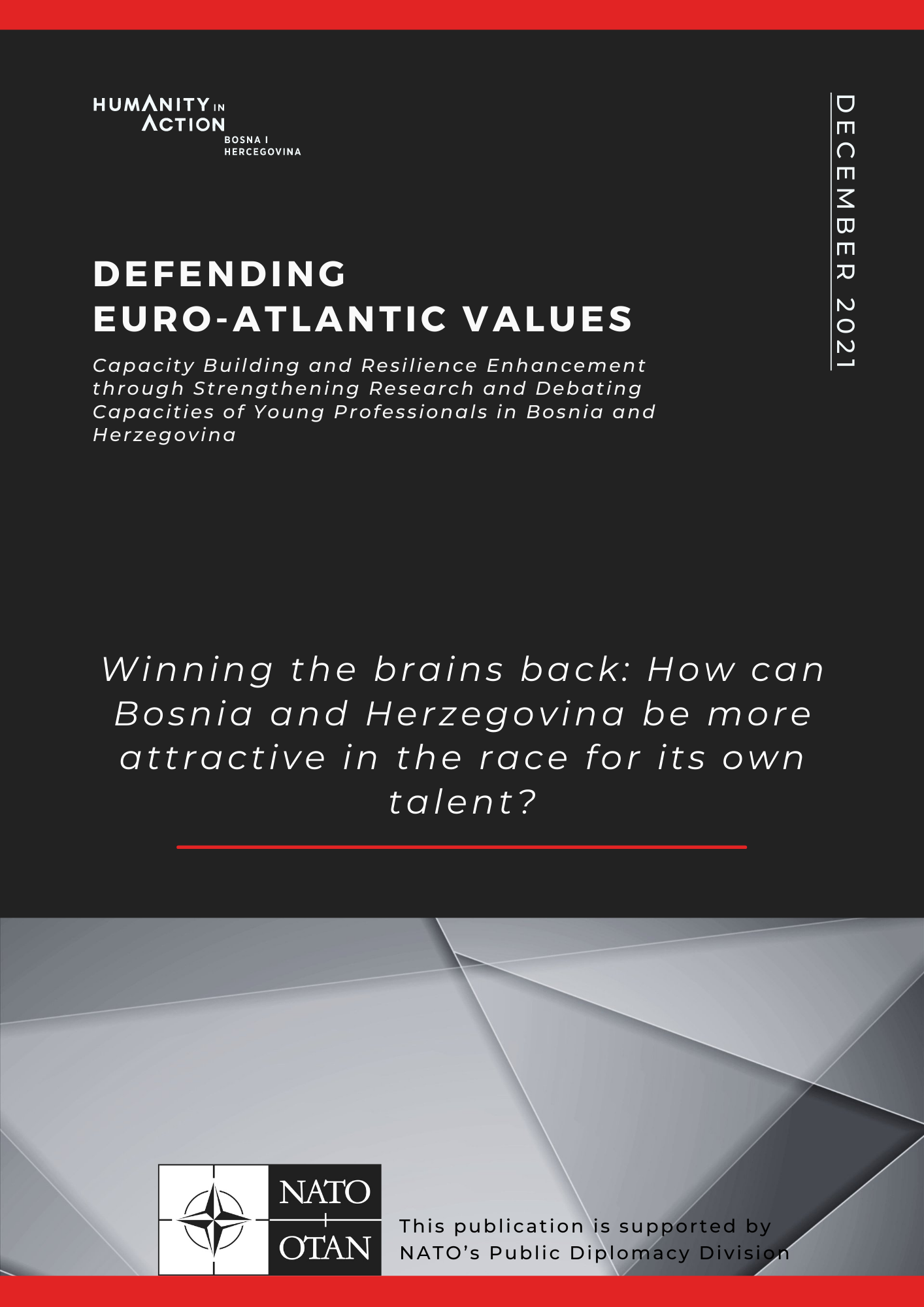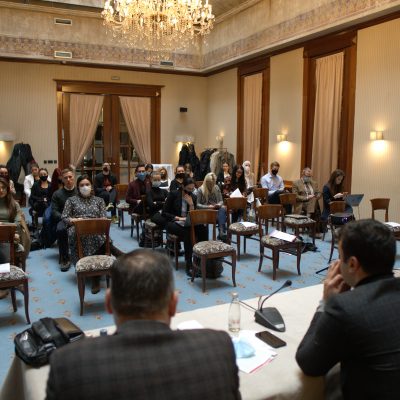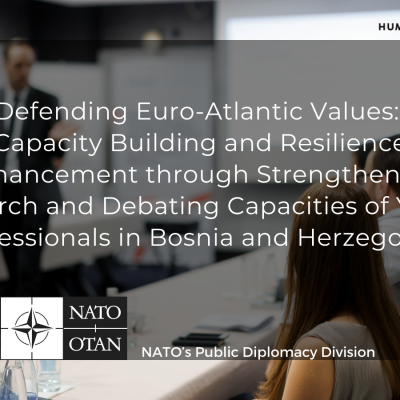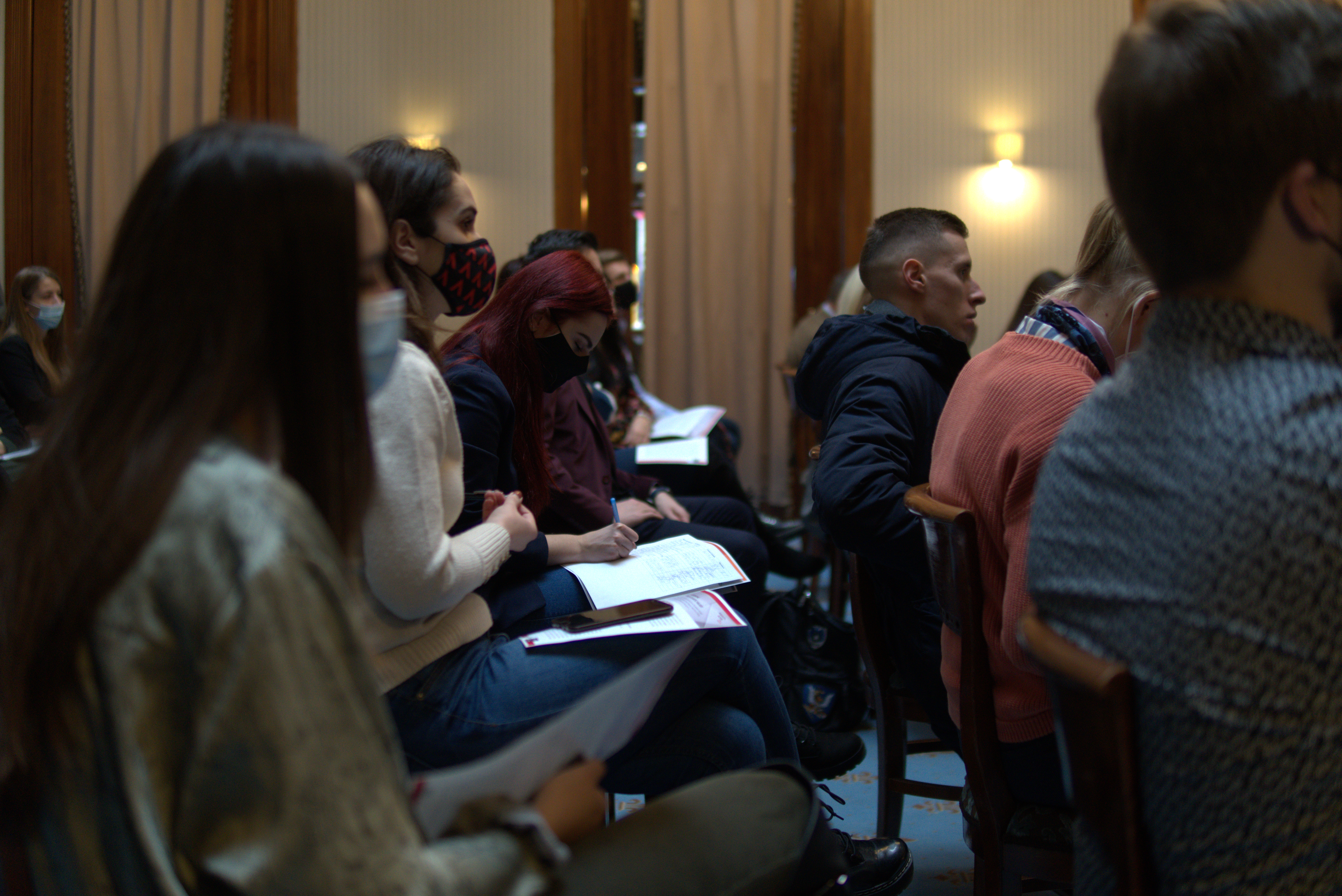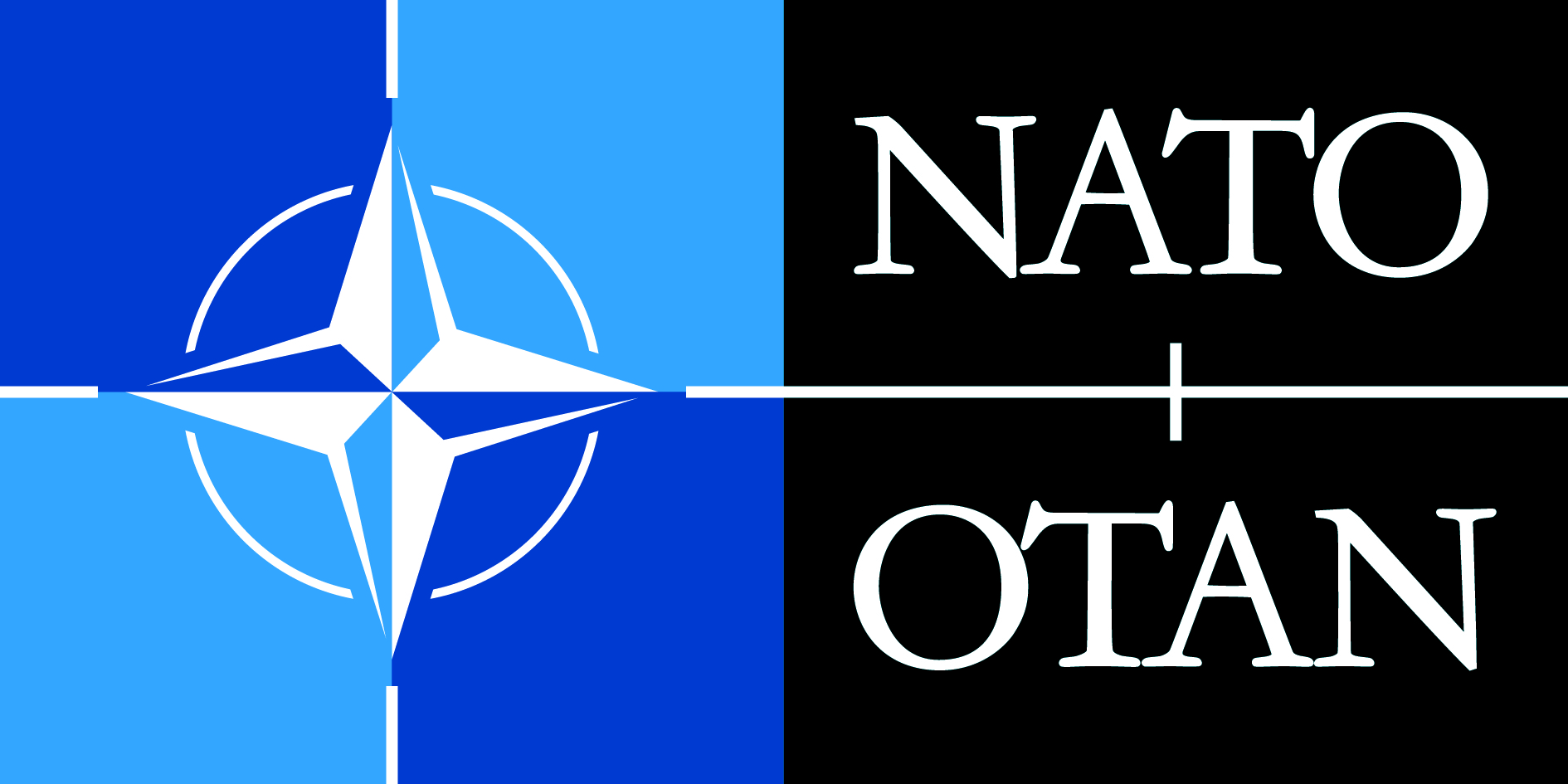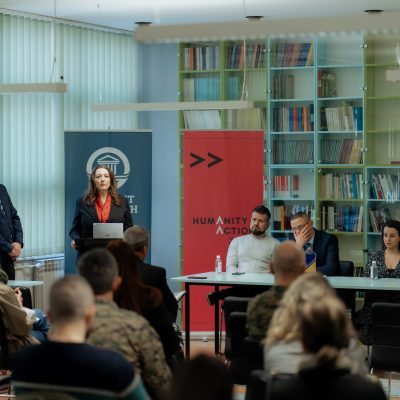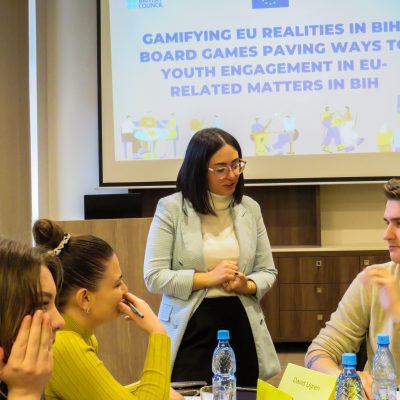Quantitative Analysis
Practical use: Absolvents will be able to present the data in a more meaningful way, which allows their more straightforward interpretation. Inferential statistics further allows them to draw conclusions from quantitative data. In combination with knowledge of descriptive statistics, such skill will be beneficial for NGOs and think-tanks willing to conduct more ambitious research and studies covering a much bigger population than with simple surveys, interviews, or focus groups. Such studies, covering whole regions or even countries, may significantly boost understanding of the quality of democracy and its resilience to disinformation, intolerance, or extremism on a national level.
Qualitative Analysis
Practical use: Qualitative analysis allows an analysis of data acquired through a wide array of strategies such as participant observation, in-depth interviews, focus groups, narratives of audio/video recordings, or secondary documents. Proper knowledge of this method will significantly increase participants’ analytical skills, and this will also boost the ability to spot and call out disinformation attempts.
Strategic country analysis
Practical use: This training will be especially useful for employees of think-tanks and young analysts, focusing on security issues. It will teach them how to analyze countries and regions of their interest in their complexity and how to work with available data efficiently. Instead of producing time-consuming scholarly studies, this training focuses on skills that will teach our participants to prepare short, informative, and up to date analyses of current developments in their countries or regions of interest, focusing especially on identifying soft spots for foreign pressure, hybrid war, disinformation campaigns and factors causing ethnic conflicts.
Investigative Research
Practical use: Participants of this training (ideally journalists and members of watchdog NGOs) will be better equipped to unearth secret, hidden, or obscure information that can build a more comprehensive picture of the issue under investigation. Such skills may be useful for employees of think tanks interested in real power relations in the state as much as to people from NGOs working with marginalized groups. The ability to properly conduct investigative research will allow BIH society to hold the government and private institutions more accountable to the public, which is one of the cornerstones of modern democracies.
Analyzing democratic change and stability in the context of hybrid threats
Practical use: Proper knowledge of hazardous factors negatively influencing democracies in transition in combination with an understanding of primary techniques of hybrid war and disinformation campaigns will allow our absolvents to analyze collected data and prepare recommendations for policymakers. The participants will learn how to use all the skills and knowledge they learned during the program for the benefit of democracy in their country.

